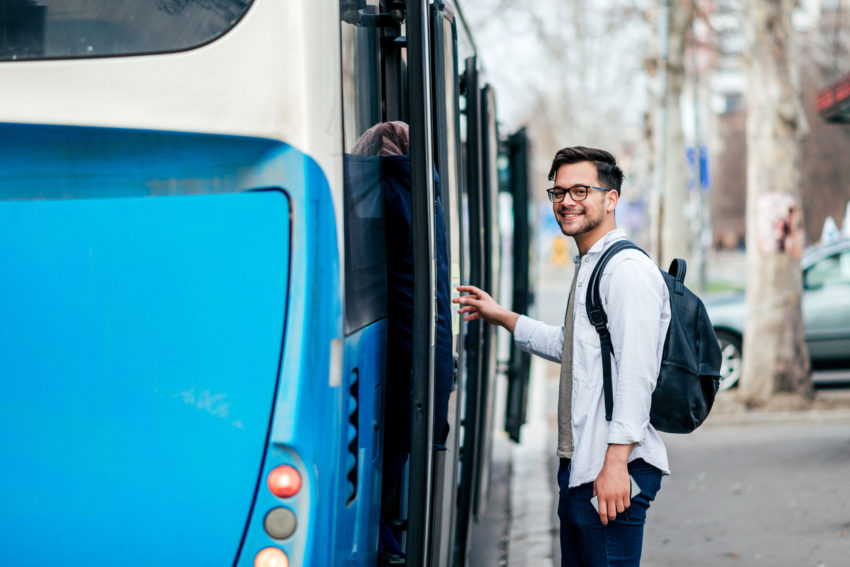
Share On Social!
The methods used to measure and analyze the impact of transportation projects matter for health, equity and sustainability.
Vehicle delay, for example, is a poor measure of transportation impact and incorrectly equates low levels of auto delay with mobility and preservation of the environment.
Yet, many regions and states rely on vehicle delay to determine which projects get funded and expedited.
Measuring the amount and distance of vehicle travel rather than delay encourages infrastructure for transit and non-motorized travel and facilitates mixed-use, transit-oriented development (TOD) and infill development.
Measuring vehicle miles traveled can help cities reach climate, equity, health, and sustainability goals.
 Let’s use #SaludTues on November 5, 2019, to tweet about how you can use data to make the case to address inequities in your county.
Let’s use #SaludTues on November 5, 2019, to tweet about how you can use data to make the case to address inequities in your county.
- WHAT: #SaludTues Tweetchat: “Measuring Transportation Impacts for Health, Equity and Sustainability”
- TIME/DATE: 1-2 p.m. ET Tuesday, Nov. 5, 2019
- WHERE: On Twitter with hashtag #SaludTues
- HOST: @SaludAmerica
- CO-HOSTS: Change Lab Solutions (@ChangeLabWorks); Todd Litman (@LitmanVTPI); Safe Routes National Partnership (@SafeRoutesNow)
- SALUDAMERICA! BLOG POST: salud.to/2BTmGeL
We’ll open the floor to science, your experiences and stories, and best practices as we explore:
- The definitions of economic, social, and environmental sustainability;
- How transportation networks are planned and financed; and
- Methods to measure the impact of transportation and land use projects.
Use #SaludTues to follow the conversation and share the latest in how transportation is connected to health.
#SaludTues is a weekly Tweetchat about Latino health at 12p CST/1p ET every Tuesday and hosted by @SaludAmerica, the Latino health social media campaign for the team at the Institute for Health Promotion Research (IHPR) at The University of Texas Health, San Antonio.
By The Numbers
27
percent
of Latinos rely on public transit (compared to 14% of whites).



